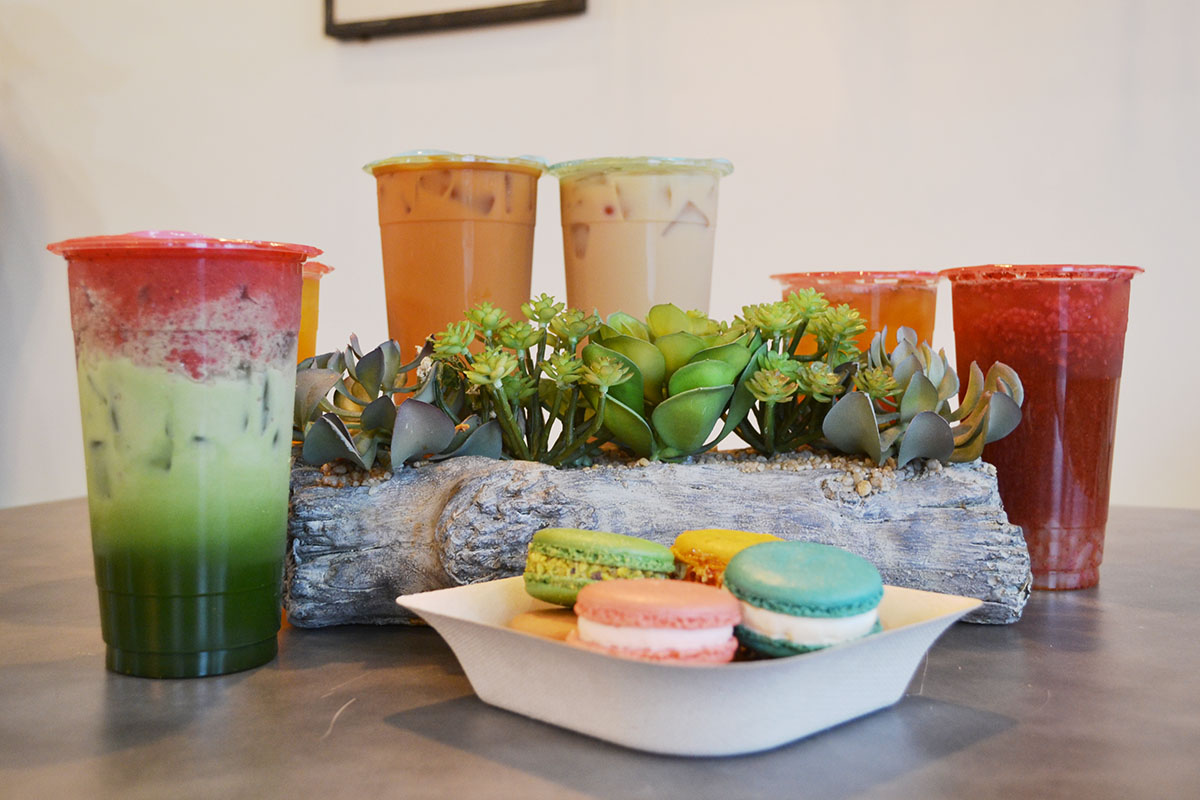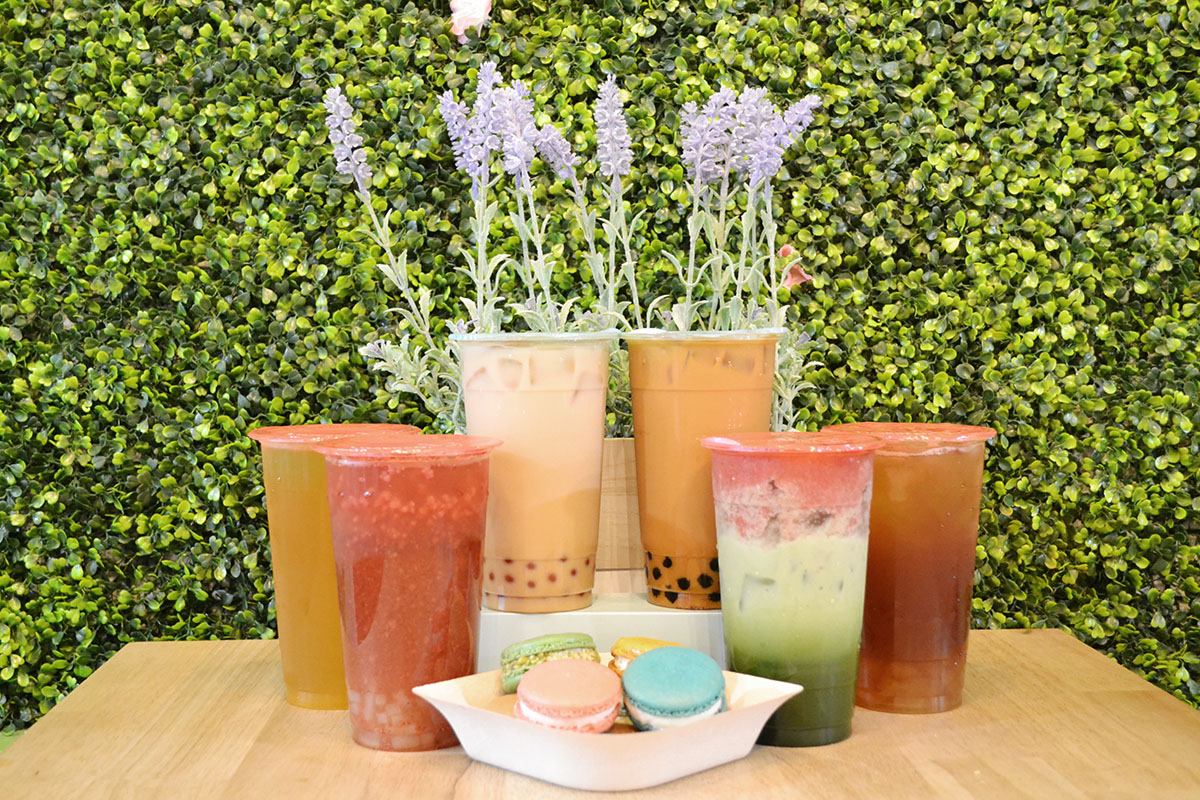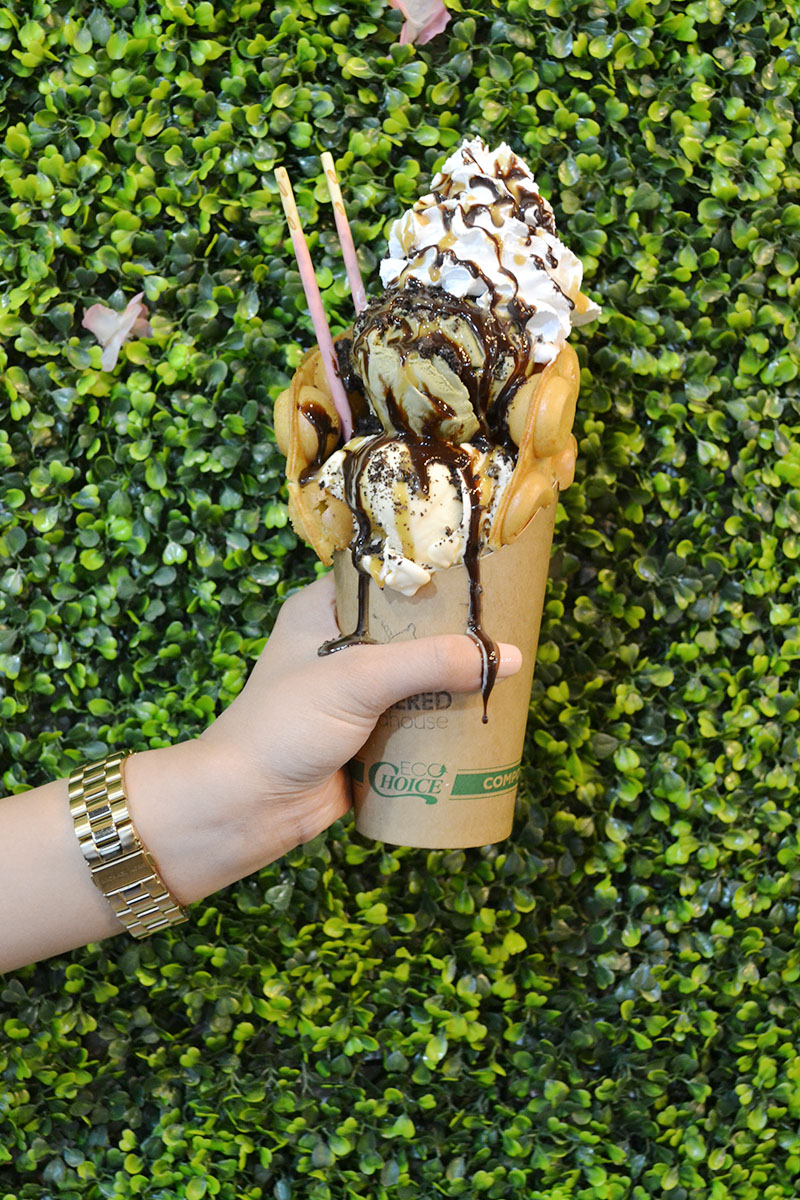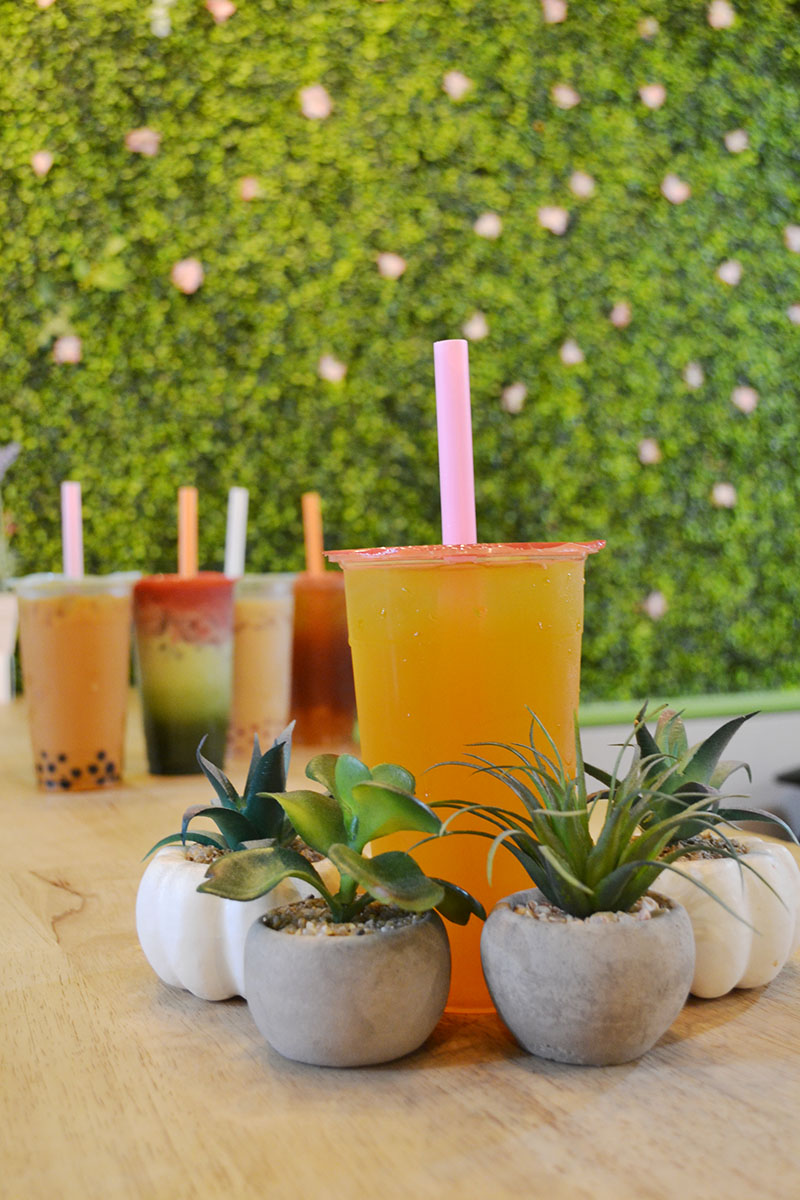LimeRed Teahouse: Tea for the Masses
Can you say that every bubble tea you’ve had in your life was, in fact, healthy? We all get the notion that because tea is so rich in antioxidants and has a large range of benefits—like being associated with anti-aging, that bubble tea must be good for us. On top of that, tea is known to boost brain health. So what’s the catch? We know for sure that most bubble tea shops don’t use fresh milk, but instead, non-dairy creamers.
If you're like Joe Deng and Raymund Lee, you’ve probably experienced some mediocre boba that didn’t quite wow you. The duo teamed up and created LimeRed, Tea for the Masses, Massachusetts’ first of its kind boba shop. They were tired of the typical bubble tea that didn’t have integrity in their ingredients and used products of low-quality and were artificial. It’s the little details that create all the difference and make boba lovers, like myself proud to drink bubble tea. With now three locations in Boston, Amherst, and Northampton, LimeRed is spreading the message that they’re the best bubble tea shop in town!
Can you tell me about yourself and how you got into the boba tea business?
J & R: Ray and I both love bubble tea and thought it was vital to our college experience at Binghamton, NY. We wanted better bubble tea than the bubble tea shop in Binghamton, so we committed to opening the first of our kind. The rest is history.
Just off curiosity, what was your first boba experience like?
J: I didn’t like it because for my first boba experience, all they had was a red plum flavor. I love anything plum, but for me the bubble tea was the most disgusting $4 I ever spent. I discovered Taro later on.
R: I had my first boba experience much younger than Joe. I had taro milk tea and I can remember it being so fragrant and delicious. I never had anything like it because growing up, all I ever tasted was water and soda.
You seem to really pride on quality tea, what inspired many of the items on your menu? Can you share the process on how you handcrafted each drink?
J & R: As wages go up, there is no space for a second-rate boba shop. Everything is tougher in the business environment with Google and Yelp reviews to Social Media being that they are so instant. Trust me, if you have a rat problem, everyone on the internet knows about it. And so you have to make a choice: either go the low road and hope to get people on pricing alone or go the high road and provide a product people really crave. There are so many places in Allston with our quality--how would we compete? Quality matters to us a lot at LimeRed. We source our teas from Taiwan and have been trying to get a partnership with Harney and Sons. We partnered with Counter Culture for our coffee. We use locally sourced milk from Shaw Farm.
We also make our own syrups by using real brown sugar to sweeten our drinks. As we got more familiar with the boba industry, we noticed the majority of boba shops don’t even use real tea. Some places just use powders for their drinks. This is something we wanted to change. We tested many different combinations of milk and tea until we had the perfect drink. The ingredients are simple--just milk, tea, and sugar. If it’s a fresh fruit tea--tea, pureed fruit, sugar. We want to make the teas as delicious and as simple as possible to build our customers’ trust.
What can you say makes your menu so unique compared to other boba shops?
J & R: We use real ingredients, which is a step away from using China as a main source for our ingredients. We source locally instead. Yeah, we do use some Taiwanese ingredients for flavors like Taro, which cannot be replaced, but by and large, using fruit puree instead of syrup and farm fresh milk instead of milk powder, we are redefining what bubble tea means for the States.
What can you say has been the most challenging thing in running a business so far?
J & R: The devil is always in the details. The hardest part is not making bubble tea at all, but making sure we have everything we need to make the bubble tea. From quality employees that know your product and invest in their craft and customer relationships to making sure hard to find items like our Thai Tea aren't stuck at customs. These are the most challenging things.
Where do you see LimeRed Tea House in the next five years?
J & R: We want to see more stores. We want to do a homecoming. The owners all come from NYC, but have no stores there yet - we are very MA based right now. We hope young business people will like our concept and want to carry our brand to the next level by opening a LimeRed in their hometown. But dreams are dreams.
Is there anything else you’d like to say?
J & R: Thanks for taking an interest in us. We try very hard to be our own and not just go with the typical path for bubble tea. Because of this, we might have alienated some people that love the classics, of which we still pay respects to - but we also challenge anyone looking for something new to try. At LimeRed, you will be pleasantly surprised.







